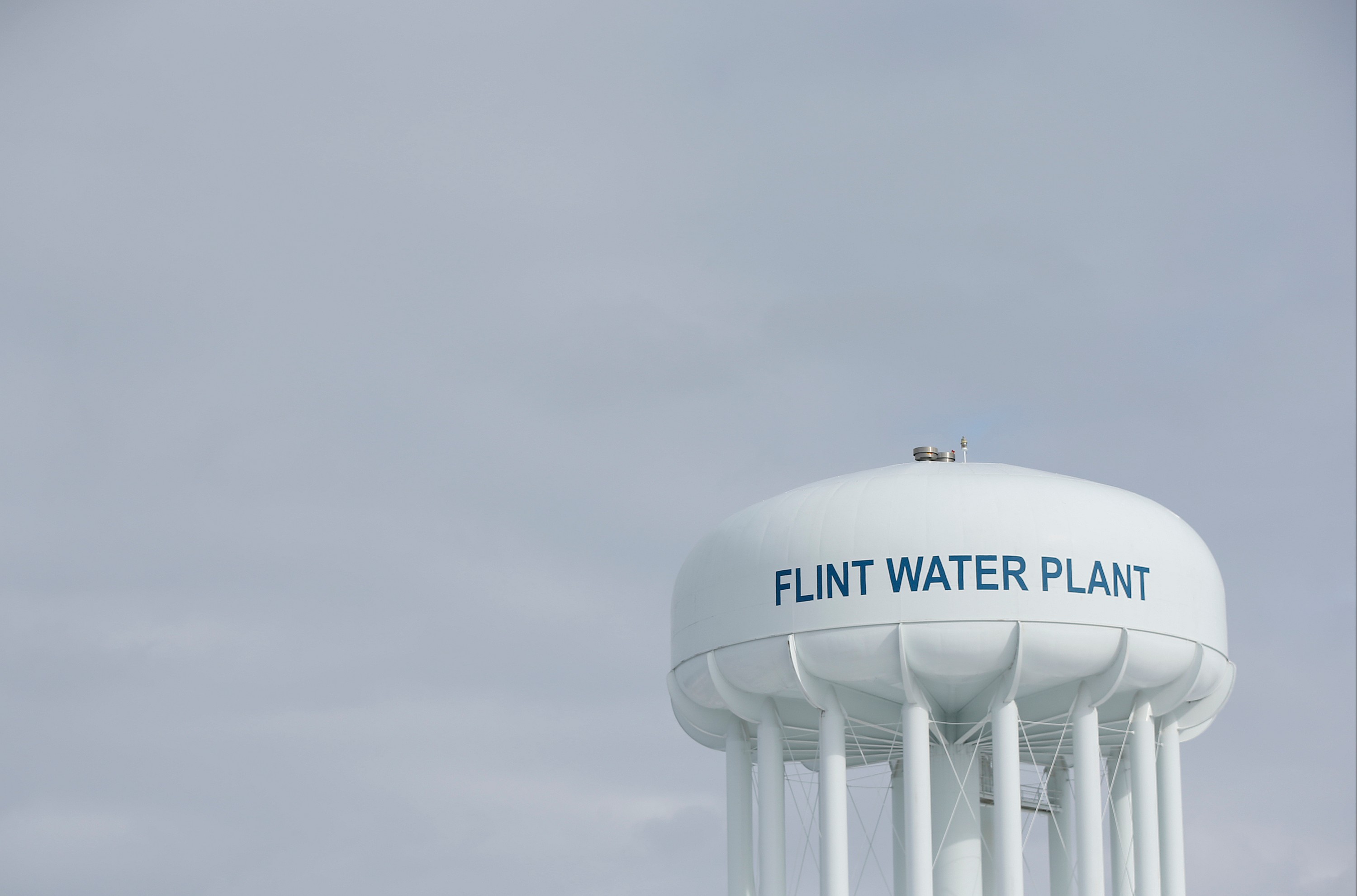FLINT, Mich. (AP) — A federal judge has found the city of Flint in contempt for failing to comply with a court order that spelled out the steps it needed to take to finish replacing old lead pipes following the Michigan city’s lead-contaminated water scandal.
U.S. District Judge David Lawson wrote in Tuesday’s decision that he had found Flint in civil contempt because it had failed to meet deadlines for pipe removal outlined in his February 2023 order. The city had originally promised to replace the pipes by early 2020.
Lawson’s ruling comes after he held a June 2023 hearing on a motion seeking a contempt finding filed the previous month by the Natural Resources Defense Council, the American Civil Liberties Union of Michigan and Concerned Pastors for Social Action.

“Based on the evidence, it is apparent that the City has failed to abide by the Court’s orders in several respects, and that it has no good reason for its failures,” Lawson wrote. “The City has demonstrated belated compliance since the hearing, but even now, it has not actually replaced all of the lead service lines, which it originally promised to replace by March 28, 2020.”
The city had agreed to replace the pipes by early 2020, but still has not completed that work, the Natural Resources Defense Council said in a news release. Also, nearly 2,000 homes still have damage to curbs, sidewalks and lawns caused by the lead pipe replacement program, the council said.
Other than offering to award attorneys fees, costs and expenses to the plaintiffs, Lawson’s order did not set out other specific penalties for the city if it continues to not comply with the order.
Recommended Stories
Flint City Attorney William Kim issued a statement saying the city is committed to continuing to replace lead service lines as long as funds are available. So far, the city has completed service line identification and replacement at 29,485 addresses, and about 30 addresses remain that require lead service line excavation, he said.
The city is disappointed Lawson will allow the council to seek attorneys fees beyond the $895,000 that attorneys for the plaintiffs already have received, Kim said. “We will review any NRDC requests for fees very closely and will seek to minimize any additional burden on the City’s taxpayers,” he said.
Pastor Allen C. Overton of Concerned Pastors for Social Action, one of the plaintiffs in the case, said it was encouraged by Lawson’s ruling but wants to see the work finished.
“The true outcome we’re seeking is for the City of Flint to succeed in finishing the lead pipe replacement program, including by finishing the overdue work of repairing damage to residents’ properties caused by lead service line replacements,” Overton said.
Lawson’s ruling came nearly a decade after the Flint water crisis began and nearly seven years after a settlement was reached in a citizen lawsuit against the city of Flint and Michigan state officials.
Never miss a beat: Get our daily stories straight to your inbox with theGrio’s newsletter.









